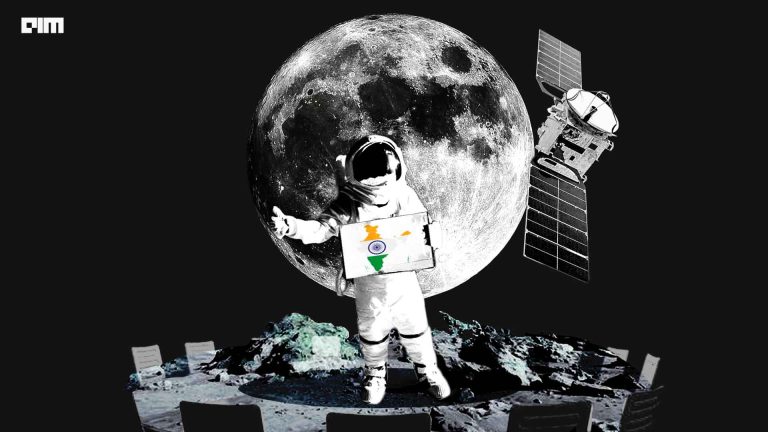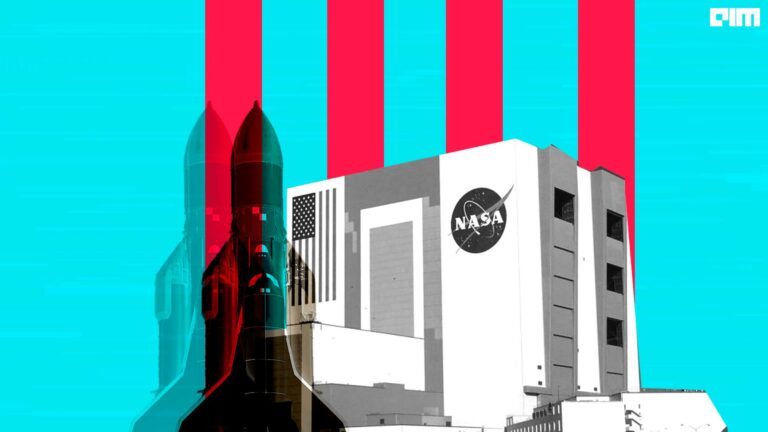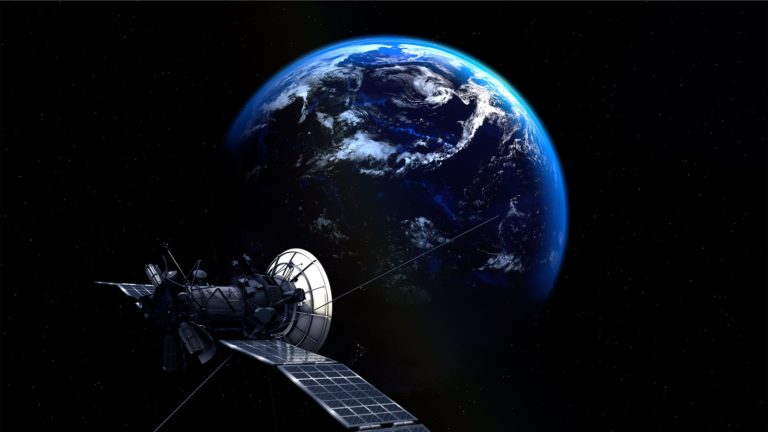|
Listen to this story
|
While the credit for most of India’s space glory goes to the state-run Indian Space Research Organisation (ISRO), the government has identified a vast potential in private players that, if tapped, can catapult India’s global space ambitions to dizzying heights.
The Modi-led administration last week approved the Indian Space Policy 2023, with greater involvement of the private sector in fulfilling India’s space ambitions, which include sending Indians to space as well as building an Indian Space Station.
A boost for space-tech startups
The policy pushes for a public-private partnership to drive growth in the sector. It is especially welcoming for Indian space-tech startups and encourages greater involvement of these companies in the space sector.
According to Union Minister Jitendra Singh, the policy will enable the private sector to participate in all space activities – from developing satellites and rockets to data collection and distribution. “It will pave the way forward with much-required clarity in space reforms and augment private industry participation to drive the space economy opportunity for the country,” Lt Gen AK Bhatt (retd), director general, Indian Space Association told AIM.
To encourage more participation from the private sector, the government is looking to create a favourable regulatory environment for domestic players and up the ease of doing business through streamlined processes and predictable timelines.
In short, there’ll be far fewer to no regulatory roadblocks for private players who want to build rockets, satellites, launch vehicles and in fact, any component involved in the whole process. For this, the government has set up the Indian National Space Promotion and Authorisation Centre (IN-SPACe), a public sector undertaking under the Department of Space, which will act as a bridge between ISRO and the private sector.
“The policy throws the door wide open for Indian private enterprises to enter the space sector with facilitation by ISRO and IN-SPACe,” Pawan K Goenka, chairman of IN-SPACe, said.
Since the sector is capital intensive, the government will allow startups to access ISRO’s facilities, which means they will have access to ISRO’s laboratories, launch pads as well as testing facilities. With more private sector involvement, ISRO would be able to direct its resources towards research and development of more advanced space technologies.
Currently, there are more than 100 startups in this space, and now, with the space policy in place, it could lead to more new players entering the sector. Previously, Ajay Kumar Sood, principal scientific advisor to the Government of India, said that the policy could facilitate the birth of SpaceX-like enterprises in India.
Making India a space-tech hub
Former ISRO chairman A S Kiran Kumar, while speaking at Karnavati University, said that the space economy could potentially reach USD1 trillion in the coming years. However, India currently accounts for just 2% of it. But now, the government wants to capture a major chunk of the global space economy.
According to current ISRO chairman S Somanath, India’s share of the global economy could increase by 5x with the new policy in place. As things stand, the global space industry is dominated by the US and China. However, with the new policy, India is aiming for substantial growth in its share of the global space economy.
Meanwhile, India does have the technological capabilities in place to account for 10% of the space economy in the coming years. Goenka told PTI that India has the potential to become a hub for satellite manufacturing and launch services for global customers with a range of rockets, including the Small Satellite Launch Vehicle and the Geosynchronous Satellite Launch Vehicle.
Recently, ISRO successfully conducted the testing of reusable rockets, something that SpaceX is known for.
India 🇮🇳 achieved it!
— ISRO (@isro) April 2, 2023
ISRO, joined by @DRDO_India @IAF_MCC, successfully conducted the Reusable Launch Vehicle Autonomous Landing Mission (RLV LEX)
at the Aeronautical Test Range (ATR), Chitradurga, Karnataka in the early hours on April 2, 2023.
Interestingly, ISRO has the knack of completing complex space missions at a fraction of the cost in comparison to similar missions conducted by other space agencies, such as NASA. This unique cost-effectiveness could position India as a global launch hub, as Goenka puts it.














































































